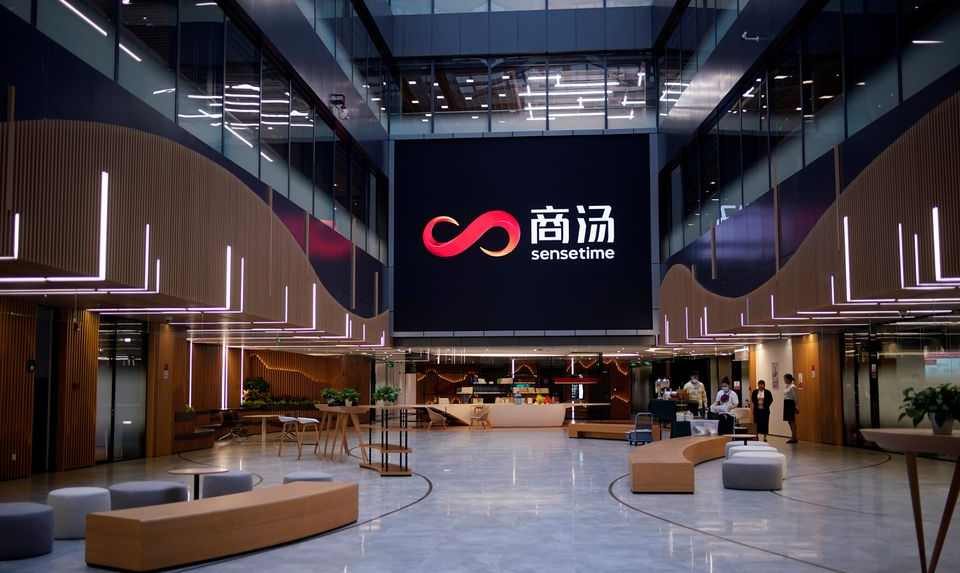Chinese AI startup SenseTime unveils “SenseChat,” a chatbot and image generator to take on ChatGPT

Interest in artificial intelligence (AI) has soared since the launch of ChatGPT, a popular chatbot created by OpenAI which uses generative AI technology that learns from past data to create new text, images, or computer code.
Since its debut in November 2022, many tech companies have thrown their hats in the ring hoping to capitalize on ChatGPT’s success. The latest is Chinese AI facial recognition startup SenseTime, joining the global AI race ignited by the popularity of ChatGPT.
Today, SenseTime unveiled “SenseChat,” an AI-powered chatbot that performs tasks such as writing an email and a children’s story upon being prompted. In a live demo on Monday, SenseTime co-founder and CEO Xu Li, CEO showed a live demonstration of SenseChat writing an email and telling a story about a cat catching a fish when prompted by questions, as well as scripting computer codes.
In a statement, SenseTime’s other co-founder Wang Xiaogang said the new AI-powered products were based on the latest version of the company’s SenseNova big model, which they have been developing over the past five years
“We have been focusing on developing our big models. In addition to our powerful AI infrastructure … SenseTime has also developed the ability to deploy big models across our product line,” said SenseTime’s co-founder Wang Xiaogang, adding that SenseChat contained more than 100 billion parameters.
“We can generate a digital scene for a livestreaming room. The product creation and interactive content are all generated by AI, and the livestreaming room runs non-stop 24 hours a day,” Xu said. “In fact, you may not even be able to tell whether it is a real person doing the broadcasting at night.”
ChatGPT has grown in popularity to millions of users within just a few months of its launch. In March, OpenAI launched the latest version of its primary large language model, GPT-4, which the company claimed can beat 90% of humans on the SAT. Unlike its predecessors, OpenAI said the new GPT-4 is a large multimodal model that can solve difficult problems with greater accuracy, adding that GPT-4 is the company’s most advanced system to date, producing safer and more useful responses.
We’ve covered SenseTime extensively over the years. In October 2019, the United States put SenseTime on a trade blacklist. In 2018, SenseTime raised $600 million to become the most valuable AI startup in the world. In 2021, the company said it was planning to raise $740 million in its revised Hong Kong IPO.
SenseTime is the developer of Face++, the technology used by the Chinese government to monitor and track its over one billion citizens. Face++ is also used by more than 300,000 developers in 150 countries to identify faces, as well as images, text, and various kinds of government-issued IDs.
SenseTime is China’s largest artificial intelligence (AI) unicorn focused on computer vision and deep learning technologies. The company is behind a proprietary deep learning platform, SenseTime has become the largest algorithm supplier in the country.
Founded in 2014 by Li Xu, Bing Xu, and Xiaogang Wang, SenseTime develops face recognition technology that can be applied to payment and picture analysis, which could be used, for instance, on bank card verification and security systems.
SenseTime currently provides its face recognition technology to over 300 companies including China Mobile Communication Co, China UnionPay, Huawei Technologies Co., Xiaomi, and JD.com. The company claims that its face recognition technology has an error rate below one in 100,000. SenseTime also provides text, vehicle, and image recognition to mobile Internet companies, financial services, and security companies.

